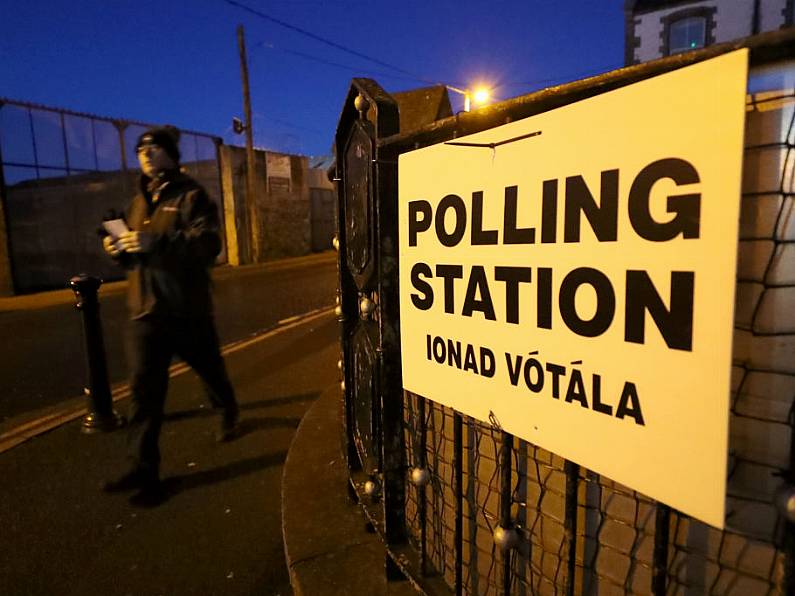Around 20 people at an open-air barbeque party in Tipperary during the Covid-19 lockdown fled into fields leaving only the alleged organiser to face gardaí who had just arrived to investigate, a court has heard.
Luke Kinnane, who is accused of breaching Covid regulations by holding the party at his yard in Lacken, Kilshane, Co Tipperary, on April 25th, 2020, allegedly told gardaí it was a private party on private property and the officers did not have permission to attend.
When Mr Kinnane was charged with breaching Covid regulations, introduced under the Health Act 1947, he denied the charge before the District Court.
The case was heard by a District Court judge who, following the evidence, decided to state a number of legal questions to the High Court for determination before proceeding further with the hearing.
These questions included whether she, as the District Court judge, had the power to amend the charge against Mr Kinnane due to the omission of a detailed description of the alleged offence.
On Wednesday, the High Court's Mr Justice Anthony Barr ruled the District Court Judge did have such a power, and was therefore not required to dismiss the case.
Mr Justice Barr said the District Court was told two gardaí got a call about a party at Mr Kinnane's yard and arrived there at around 11.30pm to find a large fire burning, around which were arranged about 20 chairs, a barbeque and a lot of food, beer cans, spirits and wine bottles.
There were a large number of cars parked in the yard, two of which were still running and music was being played from one.
Gardaí said about 20 people fled on foot into the darkness of the adjoining farmland as they arrived. Mr Kinnane was the only person to remain.
Private party
When one of the officers spoke to him and told him the gathering was in breach of the Covid regulations, the garda said Mr Kinnane replied that it was a private party, being held on private property and that the gardaí did not have permission to attend.
The garda said he also expressed concern about the proximity of the fire to an adjoining shed containing inflammable material, as the garda knew Mr Kinnane and his father operated a mechanical business there.
The garda said Mr Kinnane was intoxicated and declined to identify who had been present. He also said there were no other members of the Kinnane family there.
At the conclusion of the prosecution case, Mr Kinnane's solicitor sought the dismissal of the charge on a number of grounds, including that there was an inherent unfairness to his client defending a charge when it was not clear what he was facing. Gardaí opposed the dismissal application.
Following an adjournment to another date and, after considering written submissions by the parties, the judge decided to refer a number of questions to the High Court, including whether she was obliged to dismiss the case due to defect in the charge in relation to its omission of detail.
In his decision, Mr Justice Barr was satisfied that the charge sheet was deficient in the level of detail which was furnished to the accused.
However, he was also satisfied the court rules provided that the District Judge does have power to amend the charge sheet to enable the insertion of particulars of the specific regulation, the breach alleged to have been committee and the insertion of a brief description of the allegedly offending behaviour.
Whether the District Judge should exercise the power of amendment, is a matter for that judge based on all the evidence before her and on the submissions that may be made to her, he said.
The District Judge was also entitled to exercise her discretion to amend the charge sheet and to continue with the proceedings if she is of opinion that to do so would not result in undue prejudice to the accused in defending the case, he said.
By High Court reporters
Keep up to date with all the latest news on our website Beat102103.com.






